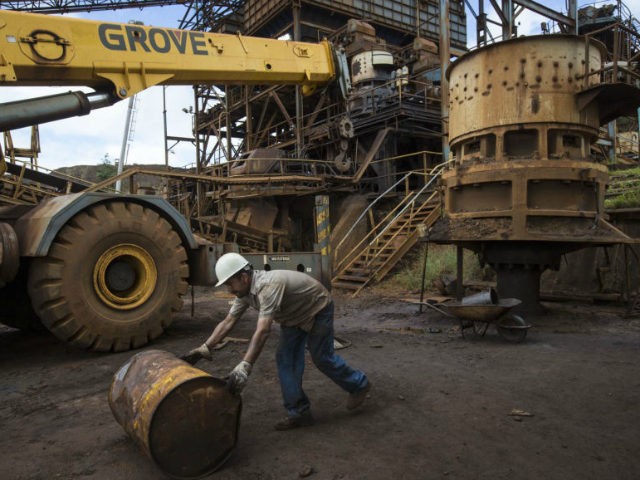Venezuela is now importing 300,000 barrels of oil a day to ease domestic fuel shortages, despite having the world’s largest crude oil reserves, Reuters reported Thursday.
According to internal Petroleum of Venezuela (PDSVA) documents the agency claims to have had access to, the country is currently importing 250,000 barrels of oil a day to meet domestic demand and honor supply contracts with customers, including Russia and China, worth around $3.15 billion. The figure represents a 40-percent increase compared to last year when they imported an average of 180,250 barrels per day.
In recent months, PDSVA has been unable to supply sufficient fuel to gas stations, airports, power plants, and industrial customers. Last month, reports from Táchira state described how some car owners were forced to wait up to five days to buy gasoline as the government piloted a new scheme to keep foreigners from benefiting from subsidized prices.
Some of the country’s recent suppliers include India’s Reliance Industries; PDVSA’s U.S. refining arm, Citgo Petroleum; Russian oil firms, Lukoil and Rosneft; and China National Petroleum Corporation.
“Since February, we have not paid a single imported cargo with cash. We are exchanging the imported fuel for (Venezuelan) asphalt, virgin naphtha, natural gasoline, fuel oil, residual crude, whatever we have,” said a PDVSA employee on the condition of anonymity.
Venezuela’s average oil output is currently under one million barrels of oil per day, a 30-year low. Last month, international oil experts warned that production is in total “freefall,” mainly as a result of the exodus of workers from PDSVA.
Their desertion is also a result of poor working conditions and suppressed wages, as well as a military takeover of the company designed to “consolidate the deepening of socialism” through the “total, absolute transformation of PDVSA.”
The lack of production is also causing problems for the regime with many of its international backers, including China and Russia. Last month, the head of Russian oil company Rosneft, Igor Sechin, traveled to Caracas meetings to personally complain to Maduro about delayed oil shipments designed to the generous loan packages to which Moscow and the regime agreed.
In June, China also threatened to cut off all loans to the Maduro regime until it made the necessary payments. The two sides managed to resolve the issue in September. After Maduro met with Chinese Communist Party leader Xi Jinping in Beijing, the former said that Xi had agreed to provide a further $5 billion despite the risk that China may never get it back.
Follow Ben Kew on Facebook, Twitter at @ben_kew, or email him at bkew@breitbart.com.

COMMENTS
Please let us know if you're having issues with commenting.